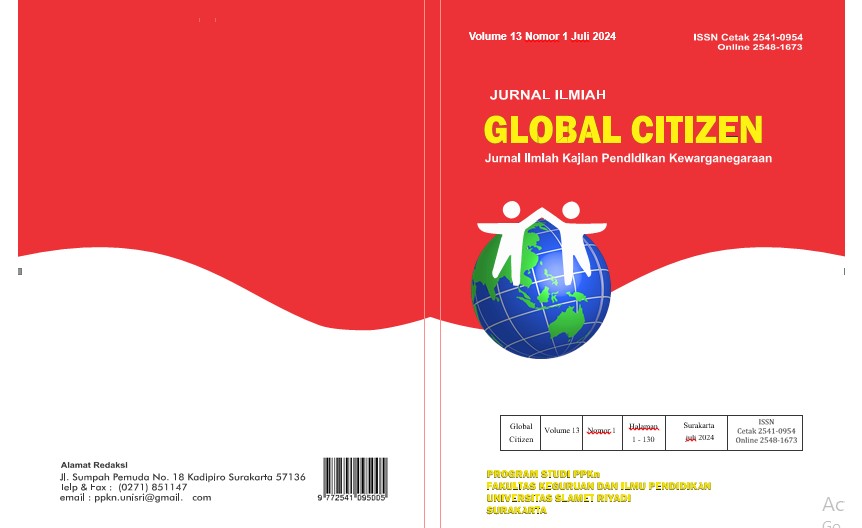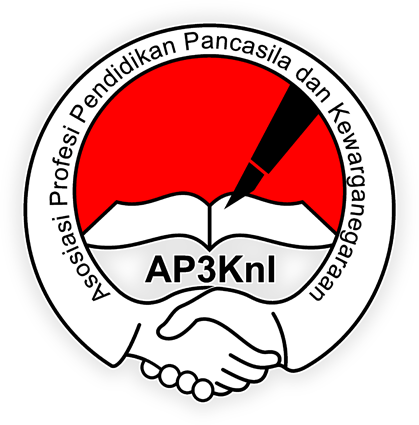PENGARUH NILAI-NILAI PANCASILA TERHADAP ETIKA BERSOSIAL DI ERA DIGITAL
DOI:
https://doi.org/10.33061/jgz.v13i1.10819Abstract
In this turbulent digital era, the role of Pancasila values is becoming increasingly important in guiding social ethics. As the philosophy of the Indonesian state, Pancasila is not only a constitutional basis but also a social glue that shapes the character of society. The influence of Pancasila values on social ethics in the digital era includes crucial aspects such as tolerance, justice, and togetherness. The study of the influence of Pancasila values on social ethics in the current digital era requires a variety of data or references from various situations/contexts. Therefore, the method that will be used in this research is qualitative. By using a data search method using interview techniques, it is possible to obtain in-depth and varied data information from various perspectives. The results of this research show that Pancasila values have strong relevance in building positive social ethics in the digital era. This emphasizes the importance of strengthening understanding and application of Pancasila values in everyday life, including in interactions in cyberspace. can help increase awareness and self-awareness in behaving ethically. The important role of social media and digital platforms in facilitating healthy social interactions and supporting Pancasila values was also the focus of the discussion. Emphasizing the importance of using technology responsibly and utilizing it as a means to promote Pancasila values in online communication and interaction.
Downloads
Published
How to Cite
Issue
Section
License
Copyright (c) 2024 MOHAMAD JANUAR SUPRIYATNO JANUAR, Raden Ajria Raka Nugroho, Zaky Maulana Pasha, Suthan Aliefasha Siregar, Maulia Depriya Kembara

This work is licensed under a Creative Commons Attribution-NonCommercial 4.0 International License.
Authors who publish this journal agree to the following terms:
- Authors retain copyright and grant the journal right of first publication with the work simultaneously licensed under a Creative Commons Attribution License that allows others to share the work with an acknowledgement of the work's authorship and initial publication in this journal.
- Authors can separately make additional contractual arrangements for non-exclusive distribution published by the journal (e.g., publish it in a book), with an acknowledgement of its initial publication in this journal.
- Authors are allowed and encouraged to send their work via online (e.g., in the institutional repositories or their website) after published by the journal.
















